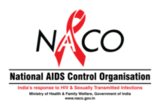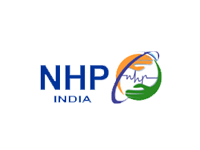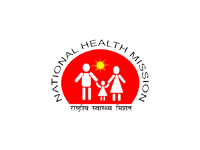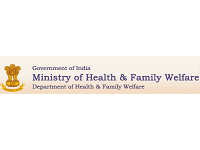The care, support and treatment needs of HIV positive people vary with the stage of the infection. The HIV infected person remains asymptomatic for the initial few years; it manifests by six to eight years. As immunity falls over time the person becomes susceptible to various opportunistic infections (OIs). At this stage, medical treatment and psycho-social support is needed. Access to prompt diagnosis and treatment of OIs ensures that PLHAs live longer and have a better quality of life.
Under NACP–II, focus was given on low-cost care, support and treatment of common OIs. Apart from further improving the availability, accessibility and affordability of ART treatment to the poor, NACP-III plans to strengthen family and community care through psycho-social support to the individuals, more particularly to the marginalised women and children affected by the epidemic, improve compliance of the prescribed ART regimen, and address stigma and discrimination associated with the epidemic.
To achieve this objective, 350 Community Care Centres are planned to be set up during the programme period (2007- 2012) in partnership with PLHA in high prevalence and moderate prevalence districts. These centres will be established based on the epidemiological profile and PLHA load of the districts, and linked to the nearest ART centre. The centres will provide counselling for drug adherence, nutritional needs, treatment support, referral and outreach for follow up, social support and legal services. State AIDS Prevention and Control Societies will ensure access of high risk groups to community care centres through linkages between TIs and the centres.
By strengthening local responses, NACP–III seeks high levels of drug adherence (>95 percent) and compliance of the prescribed ART regimen. This approach to care, support and treatment also creates awareness about the prevention of HIV infection and, thus, is a very significant part of NACP–III in achieving NACO’s mission of containing and reversing HIV/AIDS incidence in India.
Care and Support for Children
Approximately 50,000 children below 15 years are infected by HIV every year. So far, care and support response to these children was at a very minimal level. NACP–III plans to improve this through early diagnosis and treatment of HIV exposed children; comprehensive guidelines on paediatric HIV care for each level of the health system; special training to counsellors for counselling HIV positive children; linkages with social sector programmes for accessing social support for infected children; outreach and transportation subsidy to facilitate ART and follow up, nutritional, educational, recreational and skill development support, and by establishing and enforcing minimum standards of care and protection in institutional, foster care and community-based care systems.

























